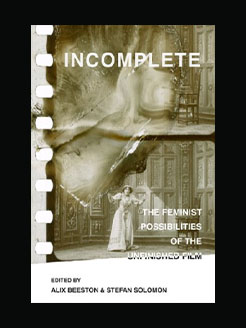Published in 2015
347 pages
Tina Packer is the founding artistic director of Shakespeare & Company in Lenox, Massachusetts. She has directed most of Shakespeare’s plays, acted in seven, and taught the entire canon at multiple colleges and universities, among them Harvard, MIT, and Columbia. Packer was an Associate Artist with the Royal Shakespeare Company in England, and worked at the Royal Court and Aldwych theatres in London, Leicester, Glasgow, Edinburgh, and other regional theatres, as well as for BBC and ITV television. The performance piece Women of Will has traveled across America as well as internationally. She lives in Stockbridge, Massachusetts.
What is this book about?
From one of the country’s foremost Shakespeare experts, a fierce, funny exploration of the women of Shakespeare’s plays that reveals his evolving understanding of the feminine. Women of Will traces Shakespeare’s development as a human being. Beginning with the early comedies The Taming of the Shrew, Two Gentlemen of Verona, The Comedy of Errors, Tina Packer shows that Shakespeare began by writing women as shrews to be tamed or as sweet little things with no independence of thought. The women of the history plays are much more interesting, beginning with Joan of Arc. Then, with the extraordinary Juliet, Packer perceives a dramatic shift: suddenly Shakespeare’s women have depth of character, motivation, and understanding of life more than equal to that of the men. As Shakespeare ceases to write women as predictable caricatures and starts writing them from the inside, his women become as dimensional, spirited, spiritual, active, and sexual as any of his male characters. Wondering if Shakespeare had fallen in love (Packer considers with whom, and what she may have been like), the author observes that from Juliet on, Shakespeare writes the women as if he were a woman, giving them desires, needs, ambition, and insight, and making clear that when women and men are equal in status and passion, they can—and do—change the world.







